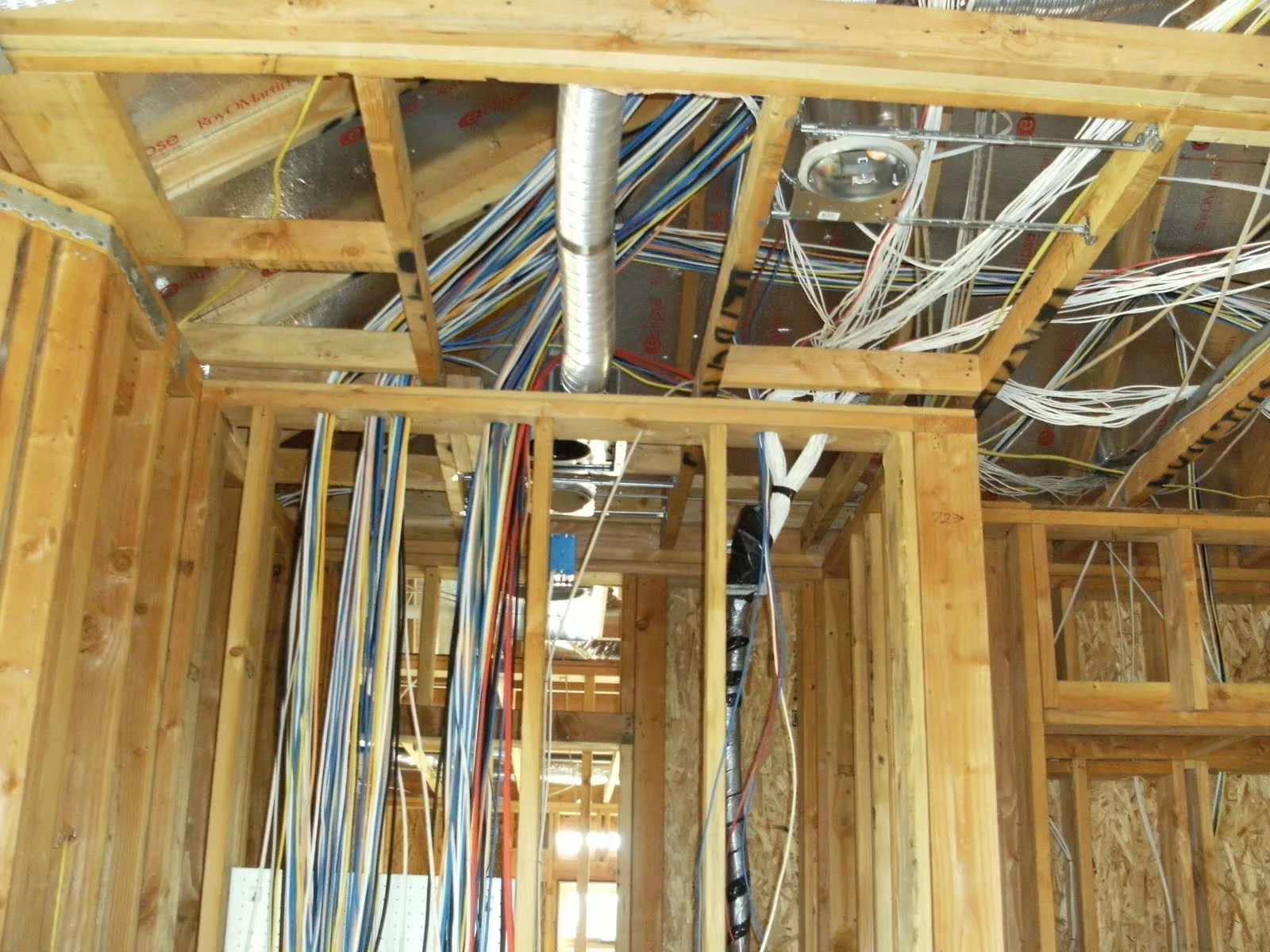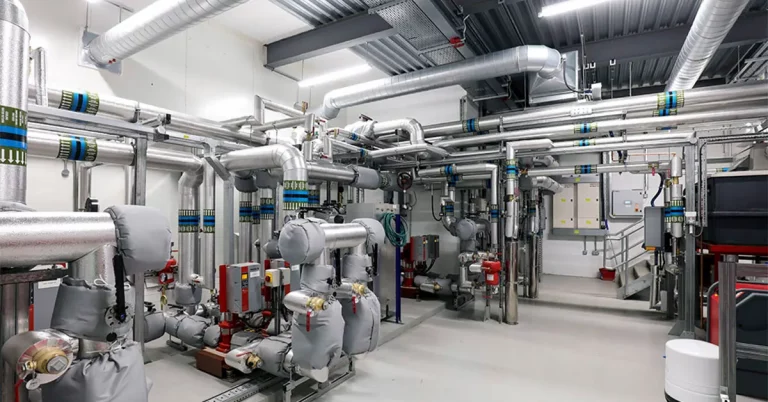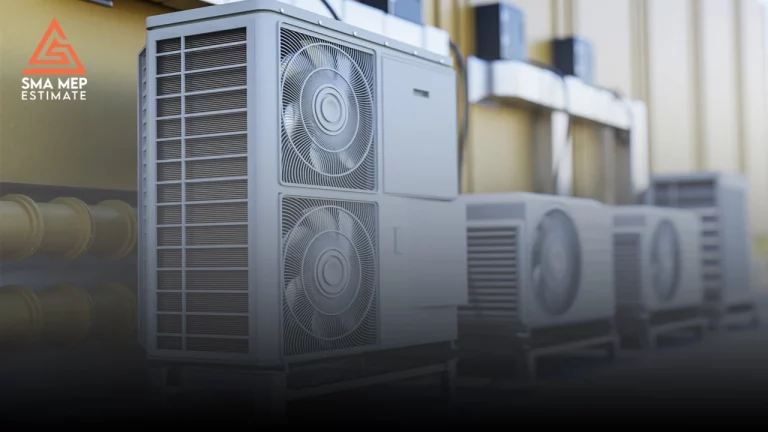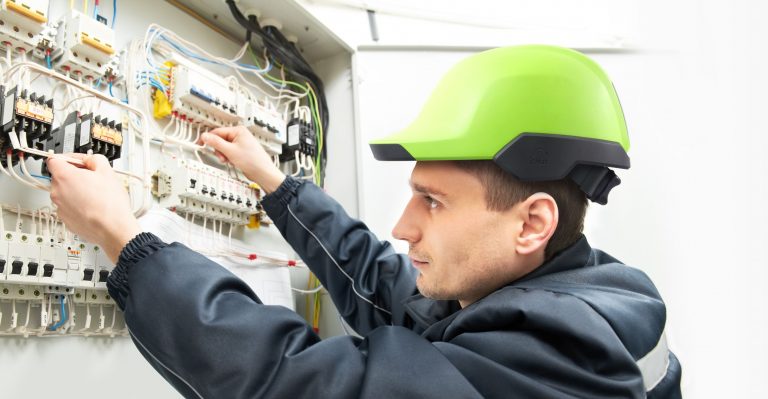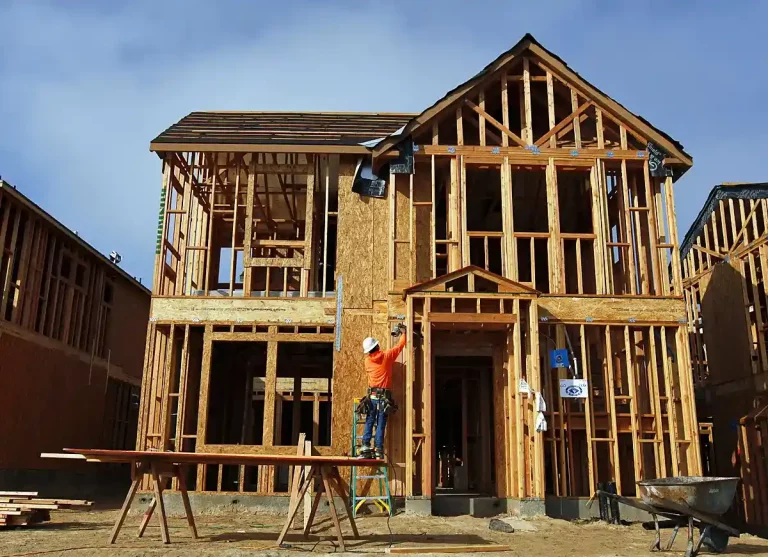Electrical Construction Cost Per Square Foot for Commercial Buildings
For commercial projects, Electrical Cost Per Square Foot can vary depending upon area, type of work needed, intricacy of the system, type of material used, etc. Moreover, the electrical work is often affected by the mechanical system of the building as well. For an exact analysis of cos,t it’s important to seek the help of a professional estimator or contractor who is experienced in dealing with MEP systems.
LEARN ABOUT THE AVERAGE ELECTRICAL COST PER SQUARE FOOT FOR COMMERCIAL PROJECTS AND DISCOVER THE FACTORS THAT IMPACT COST BY BREAKING DOWN EACH COMPONENT.
Average Cost Per Square Foot for Commercial Projects of an Electrical System
The average Electrical Cost Per Square Foot for Commercial Projects is $11.50 to $20.00. These prices also include labor costs. The cost can increase or decrease depending on the requirements of the project and personal preferences. Most property owners tend to pay somewhere in between.
Commercial projects can often get out of hand and require good control over finances. It’s important to analyse the elements that impact cost so one can better manage the expenses and create a budget.
Factors Affecting Electrical Cost Per Square Foot
1) Type of Commercial Building
Electrical cost largely depends on the type of commercial building. For example, a healthcare facility will cost differently than an entertainment building. Even within those, there are variations. Here’s an analysis of electrical cost according to the type of building:
| Building Type | Cost Range (per sq ft) | Minimum Cost |
Maximum Cost
|
| Office Buildings | $11.40 – $14.00 | $11.40 | $14.00 |
| Museum/Performing Arts | $14.60 – $25.00 | $14.60 | $25.00 |
| Retail Spaces | $15.00 – $16.50 | $15.00 | $16.50 |
| Restaurants | $15.70 – $20.80 | $15.70 | $20.80 |
| Government Administrative Buildings | $13.50 – $18.65 | $13.50 | $18.65 |
| Warehouse | $8.80 – $11.90 | $8.80 | $11.90 |
| Medical Facilities | $19.20 – $25.80 | $19.20 | $25.80 |
2) Electrical Requirements
The electrical load requirements of buildings are different. For example, if you want to build a restaurant, you’ll need an electrical system that can power up all the lighting, high-powered ovens and microwaves, large freezers, etc. Similarly, if you want to construct a hospital, you need effective emergency backup systems, safety systems like sprinklers, an electrical system that can carry the load of specialised medical equipment, etc.
3) Location
The electrical cost also varies from place to place. Even within the US, some states are construction-friendly while others can be expensive. This difference is due to the following reasons:
- Different costs of living
- Accessibility and availability of materials
- Availability of skilled labor
- Weather conditions
- Governmental rules and regulations
- Construction taxes and permits
4) Material Quality
If you choose to install standard materials into your electrical system, then the cost will be economical. On the other hand, a few prefer to use high-quality and luxury materials than which will increase the cost. If someone is confused about what type of material should be used for the construction project, then Electrical Estimators help to find materials that fit the budget. These experts have information about materials available and their cost. It is very important to balance the quality and price of materials.
- Standard Materials: $5.90 – $8.50
- High End Materials: $6.90 – $12.90
5) Type of Labor
Labor can be divided into three categories, i.e, Apprentice, Journeyman, and Master Electrician. Apprentices usually charge less while master electricians charge more due to their experience. For a cost-effective approach, you can hire a journeyman and apprentice for simple work.
Labor cost also depends on the type of work and the level of complexity of a project. Moreover, the fee structure of workers can also vary. Some charge a flat rate while others go by an hourly rate.
6) New Wiring Installation Vs Repair Work
Electrical Wiring Cost Per Square Foot for a new project costs about 6.50 to $11.00 per square foot on average. Repair costs for an electrical system would be different. It depends on the extent of damage, size of damage, and complexity of the project. In some cases, repair is more expensive than installing a new system, which is why regular maintenance checks are important.
Breakdown of Electrical Costs
Permits
Permit costs depend upon location and type of electrical work. Not every type of work will require a permit, but it’s better to check local regulations first. Permit costs usually account for 0.5-2% of the total construction cost.
Material Cost
Materials cost includes all the wires, cables, circuits, conduits, electrical breakers, transformers, emergency backup systems, etc. To calculate material cost, estimators first quantify the number of materials needed for the project, and then they calculate the total sum by zip code-based pricing.
Additional Electrical Features
Electrical costs can also increase per square foot if you want any extra electrical features. Some people may want to modernise their building by adding electrical sensors, LED lighting, and automated features. This will increase the cost. Some property owners also like to add decorative lighting elements to their buildings to attract more people, which will ultimately cost more.
Labor Expense
Labor cost comprises 20 to 30% of the total electrical budget. Some amateur contractors may make the mistake of underestimating labor costs when they do not take into account indirect factors of labor. It includes paid leaves, time delays, insurance, weather conditions, and benefits, etc.
Specialized Equipment
For the largest scale, projects such as commercial on industrial often require specialised equipment to install a system effectively. It is important to calculate the purchase and rental costs.
How to Save on Electrical Wiring Cost?
Role of the Estimating Company
A cost Estimating Company specialises in producing accurate budgets for any type of construction project, which is vital given the critical importance of electrical estimation in preventing cost overruns and ensuring project viability. Commercial estimators utilize advanced software to make predictions precise and quick, meticulously accounting for the key components of electrical cost estimating, such as material takeoffs, labor units, and overhead. This detailed approach is why many contractors, subcontractors, property owners, developers, fabricators, electricians, and businessmen seek their help to create reliable budgets.
- Get Multiple Quotes: If you don’t have a steady supplier or vendor, visit the marketplace to get multiple quotes. It will help you to reach a fair price and avoid overspending.
- Negotiate Prices: Always negotiate prices every step of the way. Negotiate material quotes, labor prices, equipment rental costs, etc.
OUTSOURCE ESTIMATING SERVICES TO A COST ESTIMATOR FOR STREAMLINED CONSTRUCTION PROJECTS AND ACCURATE RESULTS!
Final Words
Electrical cost per square foot can vary from project to project. By searching online forums, you’ll only get an average or a rough estimate for the cost. If you want an exact cost prediction of a commercial project, then you’ll need to seek help from a certified contractor or estimator. Professional cost calculators will analyse the project scope and requirements. Then they’ll come up with a total budget for electrical expenses.

